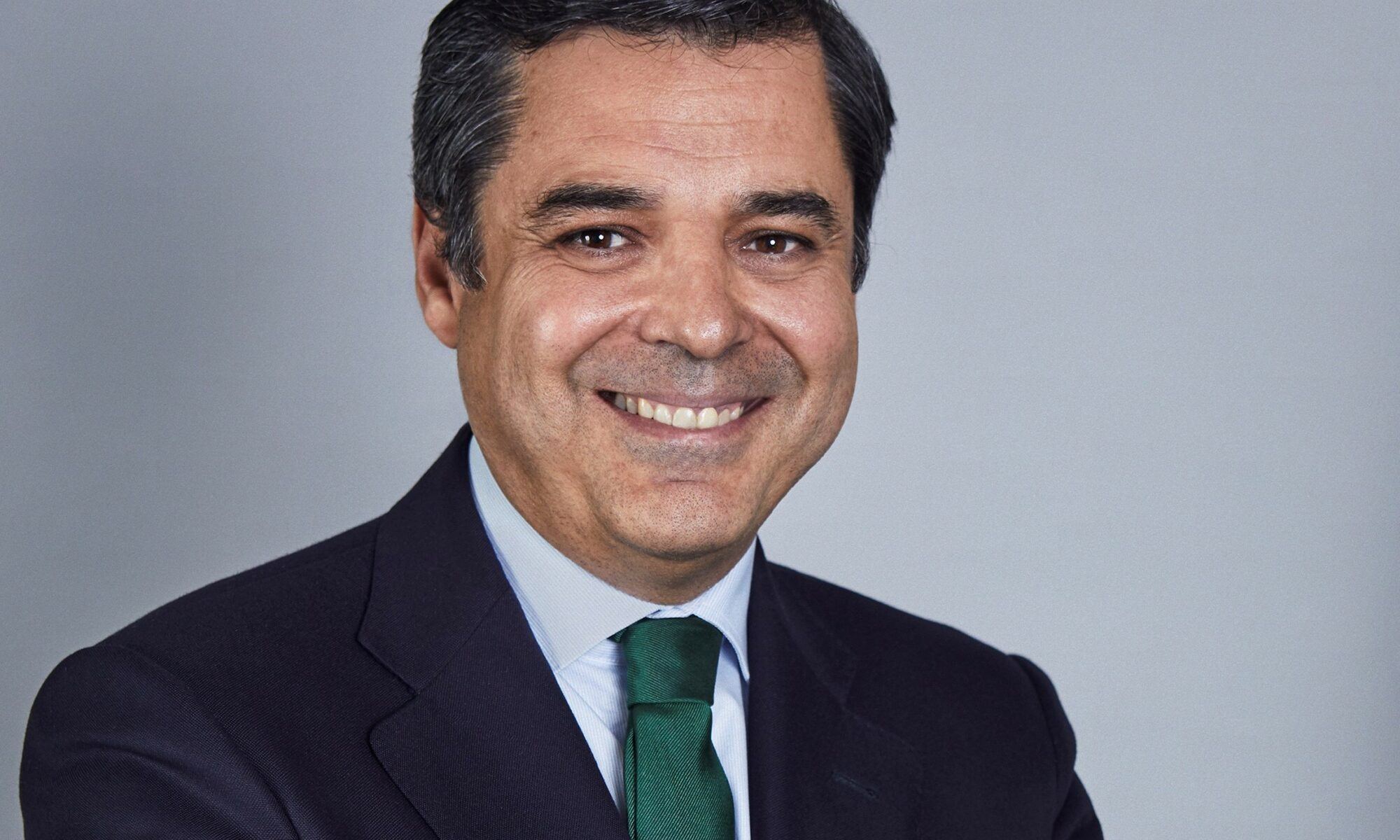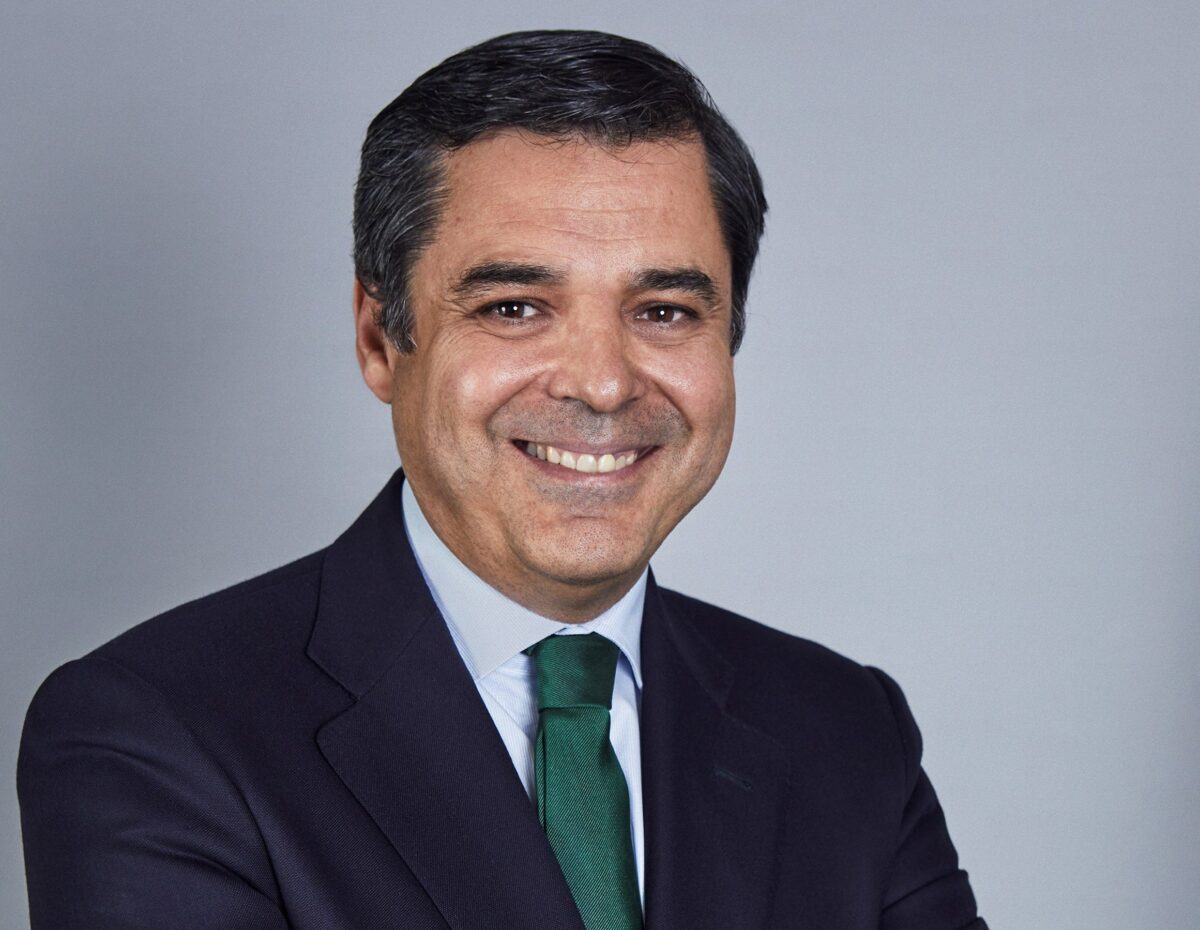How would you define the firm’s culture? How is it introduced to new hires?
For us, the firm’s culture is a culture that has clear components: the vision presented to Baker McKenzie employees has a strong global perspective, which has the international vocation innate in Baker McKenzie’s DNA, combined with a strong component of local implantation. The presence and expertise of the domestic market is one of the keys that we have in our culture and that we project to all Baker’s lawyers. This is especially the case in Barcelona taking into account that the firm has been with a strong presence and consolidation in the local market for more than 30 years.
You’ve been with the firm since 2015. Would you say the managing partner role or a senior firm leadership position was something you aspired to?
Truth is that I did not aspire at all to a managing partner position; when I joined Baker McKenzie I joined desiring to help and collaborate with all my colleagues and assist our clients. When the possibility of occupying the position of managing partner arose, I accepted it as a recognition of my colleagues towards the work done and with the idea of helping to cement Baker McKenzie’s project, which is something that I am passionate about.
In the months since you have taken on the managing partner role, what changes have you made already, or what changes do you plan to make?
The main change we have made is orienting and structuring the office management around specific projects, internally or externally. These projects are always led by a partner and have the support – depending on each project – of the marketing team, or HR team, as an example. I would say that we have introduced a change in the firm’s management culture, with this orientation around very specific and concrete projects that pursue common objectives: first, to increase the firm’s leadership position and strengthen its position as a law firm and, second, making work at Baker McKenzie a continual improvement every day for colleagues and employees.
How much time do you spend on client work versus your managing partner responsibilities? And how do you balance them?
Seeking balance is, without a doubt, an important challenge since I did not want to stop advising my clients and I enjoy that close working relationship with them that I have been developing throughout my career. At the same time, undoubtedly, day to day, the management of an office requires extraordinary dedication and commitment, being aware of the issues and fronts that arise. Despite not having left my clients, it is true that, due to management responsibilities, part of the team also gradually assumes more responsibility in this area and is always positive as people acquire more experience. Being a managing partner and combining it with working with clients means that reconciling both tasks requires a great commitment on my side, but it is something I do with great pleasure.
Since becoming managing partner, what has surprised you the most within the firm itself and/or externally in the wider legal market?
What impresses me most about our firm is how internalised the entire Diversity & Inclusion policy is. When you are outside Baker you perceive it and when you enter within Baker McKenzie you notice it even more. Once you have the possibility of working as a managing partner it is when you realise that it is within the DNA of the entire organisation and it is something that makes us very different from other firms.
Externally, I would tell you that we have a market positioning that is much better perceived than what we ourselves sometimes believe. When you talk to people from other firms, you realise that the market presence of the firm, the reputation of the brand, and the image projected abroad by the attorneys of Baker McKenzie is stronger than some lawyers sometimes think.
What are the challenges of running a global office in a market characterised by local players?
The challenge is to maintain the perfect balance between global or international clients and at the same time being protagonists in the local market. I think the challenge is finding the balance between giving advice to national and local clients, on many occasions with a long history as clients of the local office, with the ability to offer international perspective and differential advice to global clients that need it and that seek the benefit that a firm like Baker McKenzie provides.
We must not overdo the international angle – which could cause us to lose impact on national operations – nor dedicate ourselves exclusively to the most domestic customer that would harm our differential value as a global firm with an unparalleled international implementation. Finding that optimal balance is, in my view, the challenge we have in this area.
You were the first global law firm to set 40:40:20 gender targets. How close are you to this ratio in Spain and what steps are you taking to further this?
In Barcelona, we are in a frankly spectacular position. We currently have 67% of women amongst our lawyers, which is data to be very proud of. Furthermore, at the partner level, 38% are women and women currently lead 100% of all professional functions (COO, marketing, HR, office management). I am sure that by 2025 in Barcelona 50% of the partners will be women. The reality is that I believe that the current level of women at Baker McKenzie in the Barcelona office places us in a leadership position amongst international firms and it reflects the work that the firm has carried out, for years, in this field.
What initiatives, if any, does the firm have to mentor the next generation of female partners?
Considering we were the first global firm that had a global chair (Christine Lagarde) it is easy to guess that we are committed to these policies for a long time. In fact, we have, for years, many initiatives to encourage lawyers in their professional careers. In the case of Barcelona, until less than a year ago Montserrat Llopart has been our managing partner, which has also received several awards for being a female reference in the sector.
I would highlight some of Baker’s initiatives that we carry out to mentor the next generation of female partners. The HeForShe movement, the Make it Happen program for the promotion of female leadership, the role models program, the LIFT (leaders investing for tomorrow), where women are assigned in senior positions, a sponsor who supports you through a strategic role that allows them to access greater opportunities during their career, or the Christine Lagarde Award that recognises members of our firm who have demonstrated extraordinary leadership and a passion for defending diversity and gender inclusion.
I personally believe that these initiatives are relevant and very important, and, at Baker McKenzie we believe in the importance of having the right initiatives in place. However, more importantly, we have the numbers that support and endorse the initiatives that we carry out. If you look at the Baker McKenzie case and, specifically, at the Barcelona case, as I mentioned earlier, the figures confirm that we believe in this commitment and we are able to demonstrate it with concrete events of female presence. In short: at Baker we carry the initiatives to promote female talent in our DNA, as we believe in it we execute these policies naturally, we accompany it with initiatives and programs and, in the end, all this gives a result that – as can be seeing yourself with the facts and figures – it’s spectacular.
What do you think your role is in advancing the firm’s D&I efforts? How does the firm stand out in the Spanish market in this area?
Beyond the reinforcement and empowerment of the female presence, Baker McKenzie is a firm especially dedicated to supporting all types of groups, such as LGTBI, where we are very proactive and we fight towards the integration of these groups in society at least – at the same level as within the firm. Here it has long been very natural and we have initiatives to facilitate this process and support them to express their preferences naturally. In fact, we are proud to be recognised by Stonewall as one of the best companies to work for LGTBI people. We sincerely believe that we are referents in the Spanish market in D&I policies and this can be observed in our initiatives and, mainly, our results.
Do you think law firms have further to go on diversity than in-house legal teams?
Despite the example we are trying to project from Baker, I am very afraid that in-house legal teams today are more diverse than most law firms are. We are firm believers that the firms have yet to make a great effort to balance this. We at Baker already work to lead that effort and we want to be the example for our competitors on what can be done to improve this reality.
Finally, can you tell me what you are most proud of in your career to date?
I would highlight three factors: the first one that lawyers who have worked with me for the last 10 or 15 years are now partners in different law firms and, in that process, I am especially proud to have assisted them and been able to be their mentor to take this step in their careers that are now so successful.
The second is that a large part of the clients I work with are clients with whom I have been working for more than a decade; I think it reflects a dedication, loyalty and good professional work on my part towards them of which I am proud
Finally, I think that we are making a positive impact on all of us in the market by building an exciting and very beautiful project, such as the one that Baker McKenzie has as a firm. Being able to contribute my effort and dedication, along with that of the other partners and colleagues, is something I am especially proud of.

